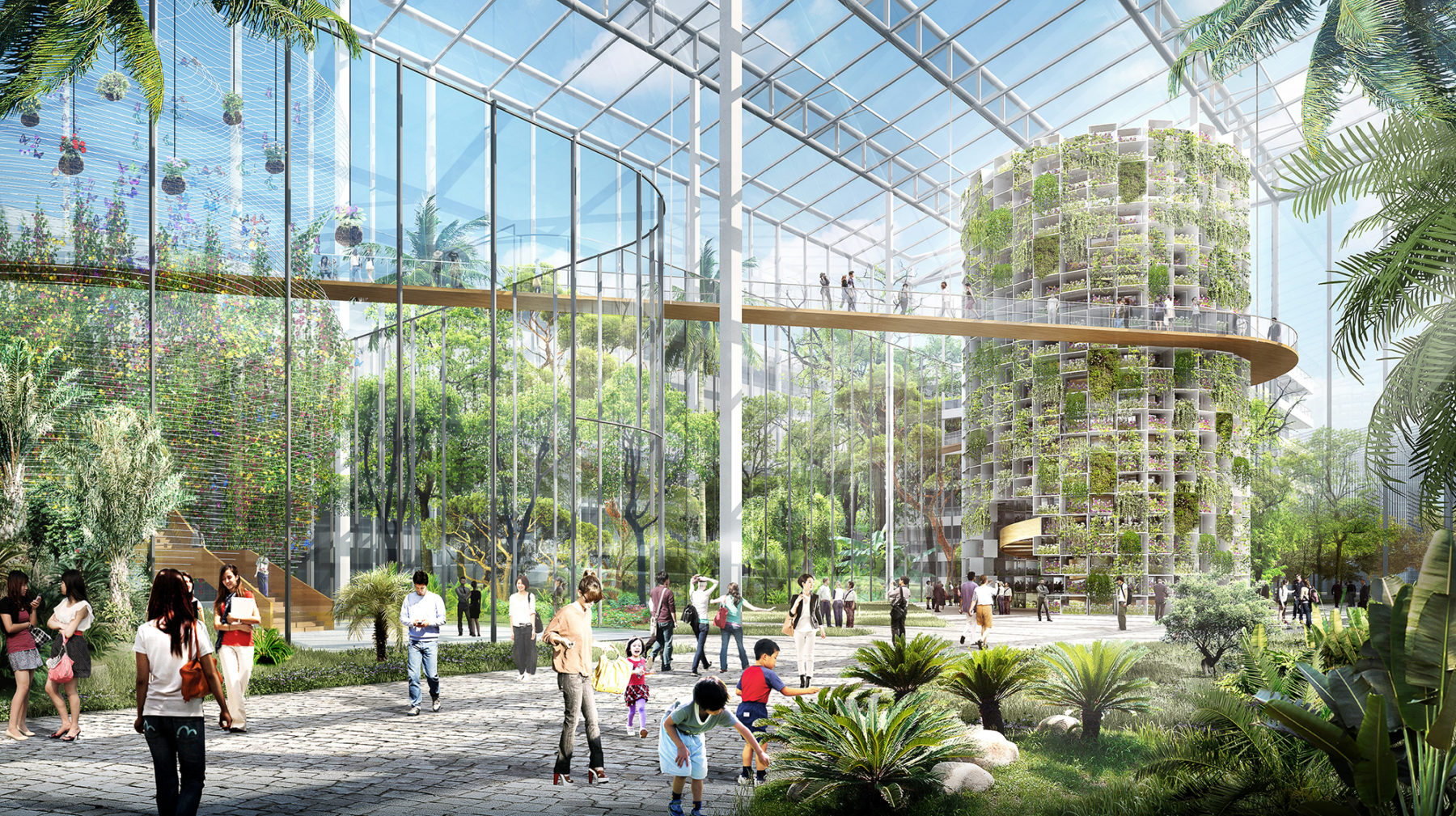Grove Presents Virtually at 2020 ULI China Mainland Summer Meeting
Principal Michael Grove relays four key strategies that will position cities to adapt and thrive post-COVID
 Sasaki
Sasaki

Chair of landscape architecture, civil engineering, and ecology, Michael Grove, ASLA, PLA was invited by Architecture 2030 to speak at the Carbon Positive Reset Global Teach-in for multiple sessions that took place September 8, 17, and 22.
Architecture 2030 is a highly-esteemed non-profit focused on transforming the design, construction, and real estate industry from a major contributor of greenhouse gases to a central part of the solution. Their last global teach-in in 2007 brought together participants across the industry to set specific, achievable strategies to transform the built environment.
In 2020, the global teach-in consisted of “how-to” events in different global regions and showcased the most effective building materials, construction methods, design tools, architecture and planning strategies, practices, and policies for dramatically and rapidly reducing the embodied and operational carbon emissions that meet the Paris Agreement of the UNFCC.

Sunqiao Urban Agricultural District in Shanghai, China
Grove discussed food systems and urban agriculture with Henry Gordon-Smith, CEO and Managing Director of Agritecture which were streamed live in the Americas, Asia, Europe, Africa, and the Middle East.
“I was very interested to see this program on food supply, climate change, and urban farming,” says Carl Elefante, FAIA, FAPT, LEED AP, and former President of the American Institute of Architects. “I found Michael’s presentation absolutely fascinating and the most informative presentation on the topic I have ever seen.”
If you were unable to attend the live event, you can watch the recorded presentation below.
Grove has recently presented his thoughts on urban agriculture and how cities can plan to be more resilient to future pandemics at the 2020 ULI Mainland China Summer Meeting via Zoom, with Boston 25 News, in ArchDaily, and in an interview with Flanelle Magazine.
Principal Michael Grove relays four key strategies that will position cities to adapt and thrive post-COVID
Landscape architecture principal Michael Grove outlines the risks of urban sprawl